James Dresnok: The US Soldier Who Defected to North Korea

The lesson explores the life of James Joseph Dresnok, an American soldier who defected to North Korea during the Cold War, driven by a sense of hopelessness and disillusionment with his life in the U.S. After crossing the Demilitarized Zone, Dresnok became a propaganda tool for North Korea, eventually finding a sense of belonging and celebrity status in his new home, despite the complexities and challenges he faced. His story raises important questions about loyalty, identity, and the impact of personal circumstances on life choices.
Hasan Sabbah: Legend of the Assassins
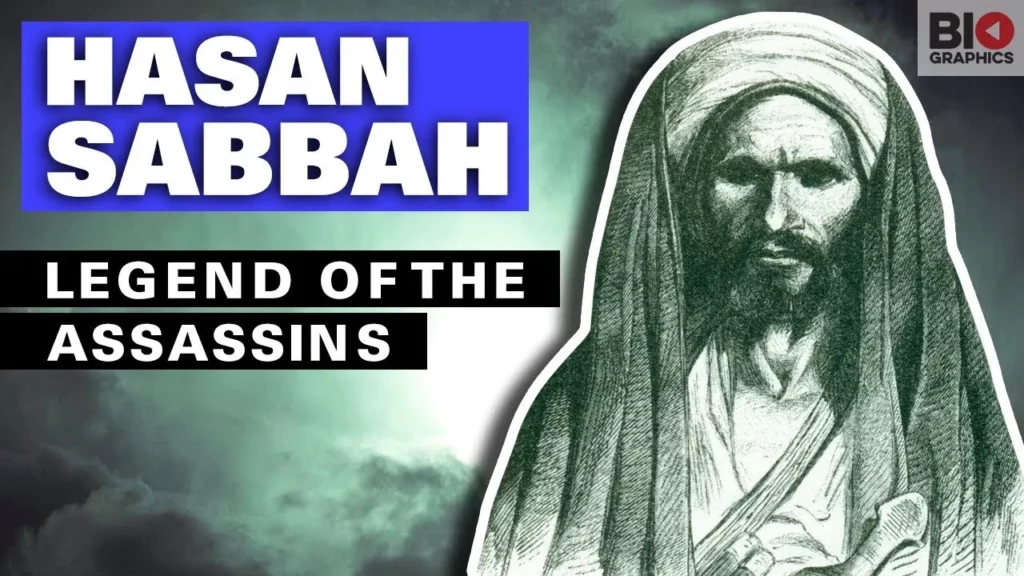
The lesson on Hasan Sabbah and the Assassins explores the historical context and tactics of this enigmatic group during the 11th and 12th centuries, highlighting their strategic use of assassination against powerful adversaries like the Seljuk Turks. It delves into Hasan Sabbah’s life, his conversion to Ismaili Islam, and his establishment of fortified strongholds, which allowed the Assassins to challenge oppressive regimes effectively. Additionally, the lesson examines the myths surrounding the Assassins, their interactions with groups like the Knights Templar, and the enduring legacy of Hasan Sabbah as a master strategist.
Louis Pasteur: The Man Who Saved Billions of Lives
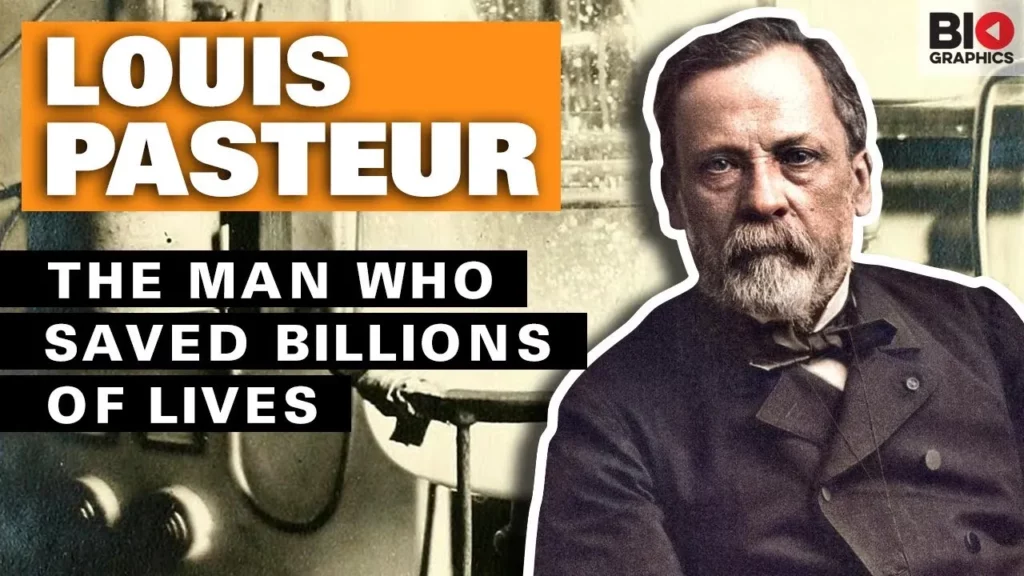
Louis Pasteur was a pioneering chemist whose groundbreaking work in microbiology led to the development of pasteurization and vaccines, significantly advancing modern medicine and saving billions of lives. Despite a challenging start in his education, Pasteur’s curiosity and dedication led to key discoveries, including the germ theory of disease and the first vaccines for cholera and rabies. His legacy continues through practices like pasteurization and the ongoing impact of his contributions to public health.
The Ayatollah Khomeini: The Cleric, The Emperor and The Great Satan
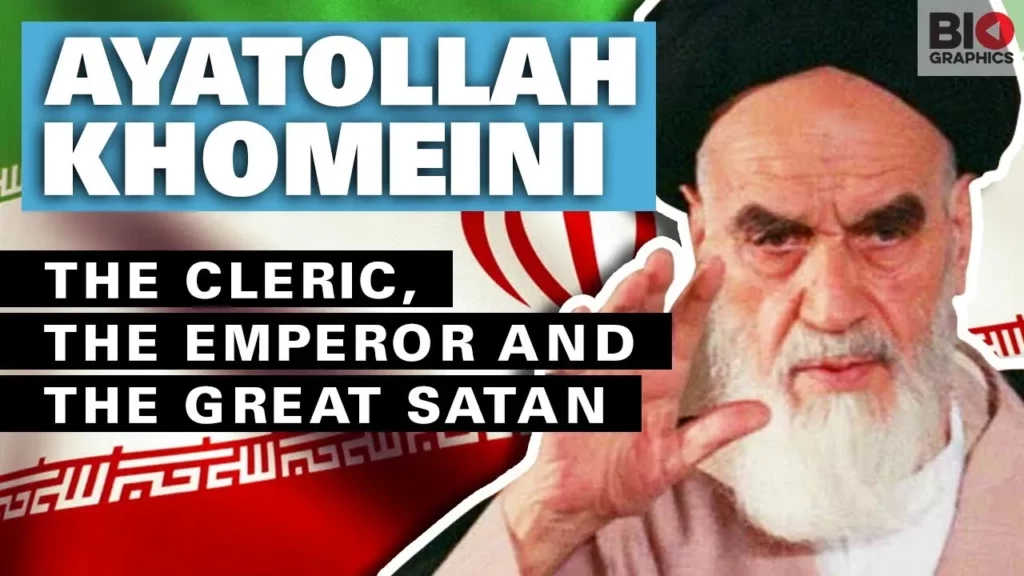
The lesson on Ayatollah Khomeini explores his transformation of Iran from a Western-aligned nation into a theocratic state, highlighting his role as a significant religious and political leader. It delves into Khomeini’s early life, rise to prominence, and the Iranian Revolution, illustrating how his leadership led to the establishment of an Islamic Republic and strained relations with the United States. Khomeini’s legacy is marked by both his influence on Iranian society and the ongoing tensions between Iran and the West, particularly through events like the U.S. Embassy hostage crisis and the fatwa against Salman Rushdie.
Nero: Rome’s Antichrist
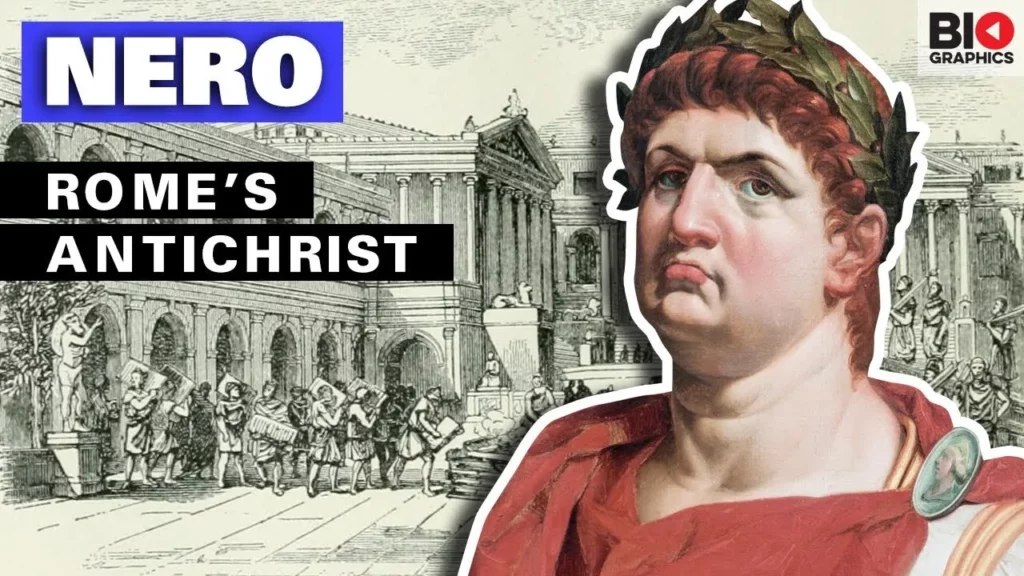
In the lesson “Nero: Rome’s Antichrist,” we explore the tumultuous life of Emperor Nero, who ascended to power at just 16 years old, driven by the manipulative ambitions of his mother, Agrippina. Despite his initial popularity due to reforms and a common touch, Nero’s reign quickly descended into tyranny marked by brutal acts, including the murder of his mother and the persecution of Christians, ultimately leading to his infamous legacy as a cruel and unstable ruler. The lesson highlights the contradictions of Nero’s character, showcasing both his artistic aspirations and his descent into madness, culminating in a reign that left a lasting impact on Roman history.
Hong Xiuquan: The Taiping Rebellion
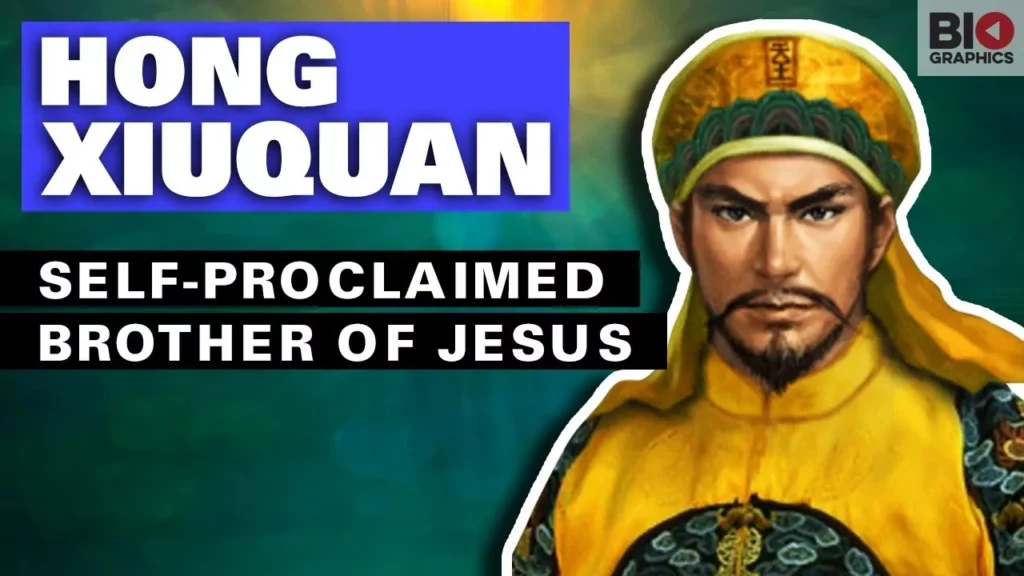
The Taiping Rebellion, led by Hong Xiuquan from 1851 to 1864, was one of the deadliest civil wars in history, resulting in approximately 20 million deaths as it challenged the Qing dynasty amid social unrest and dissatisfaction. Hong, a failed scholar who believed he was the son of God, rallied support from marginalized groups to establish the Taiping Heavenly Kingdom, but internal conflicts and harsh tactics ultimately led to its downfall. The rebellion’s legacy continues to influence Chinese history and social movements, inspiring future leaders like Mao Zedong.
Augusto Pinochet: The Great Betrayal
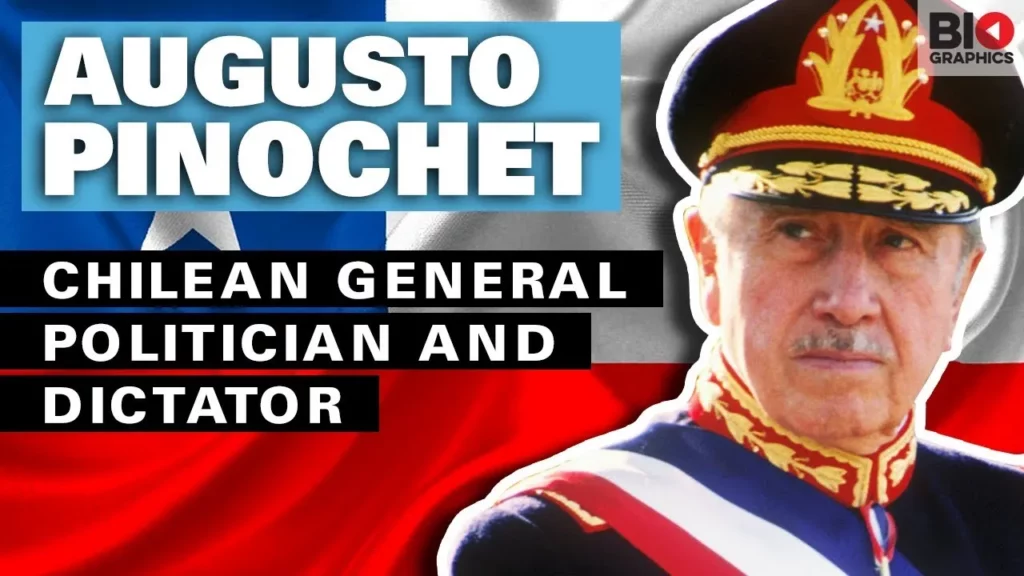
The lesson on Augusto Pinochet explores the moral complexities of power and betrayal, highlighting his rise from a military officer to the dictator of Chile after leading a coup against President Salvador Allende in 1973. Pinochet’s regime was marked by severe human rights abuses and economic reforms that, while transformative, deepened social inequalities. The lesson concludes with Chile’s ongoing efforts to confront and reconcile with the legacy of his dictatorship, emphasizing the importance of accountability for past atrocities.
Victor Lustig: The King of Con Men who Sold the Eiffel Tower
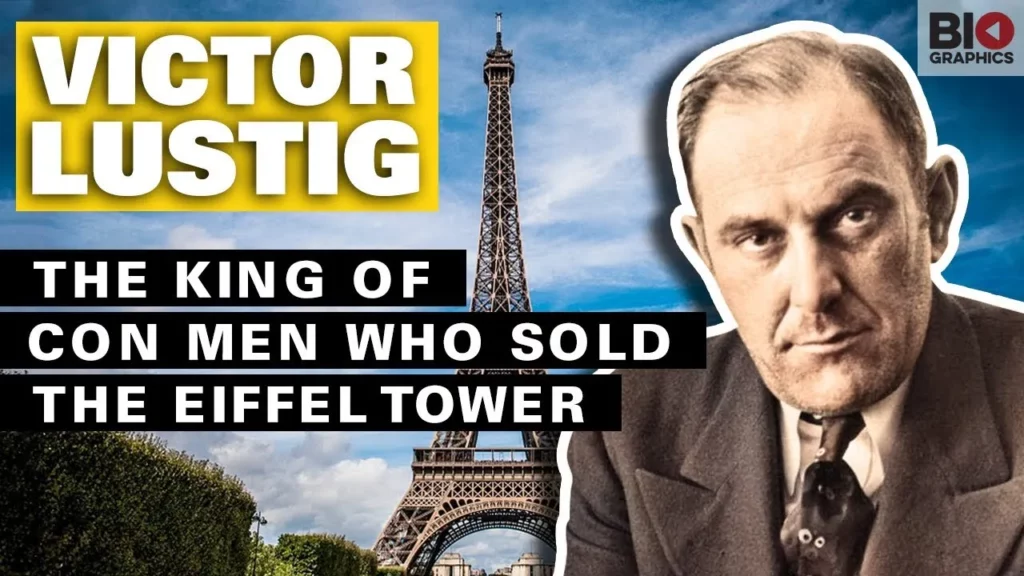
Victor Lustig, known as the “King of Con Men,” was a master swindler whose audacious schemes spanned two continents during the early 20th century. His most infamous con involved selling the Eiffel Tower as scrap metal, showcasing his charm and cunning ability to deceive even the most astute individuals. Despite his eventual capture by the Secret Service, Lustig’s legacy endures as a testament to the art of persuasion and the allure of con artistry.
Fulgencio Batista: Cuba’s Military Dictator

The lesson explores the complex life and political career of Fulgencio Batista, a Cuban leader who initially implemented progressive reforms and supported the drafting of a new constitution before becoming a military dictator. Born into poverty, Batista rose through the military ranks and played a pivotal role in Cuban politics, ultimately leading a coup in 1952 that suspended democratic processes and aligned himself with corrupt elites. His regime faced increasing opposition, culminating in the Cuban Revolution led by Fidel Castro, which forced Batista to flee the country in 1959.
King Haakon VII: All for Norway
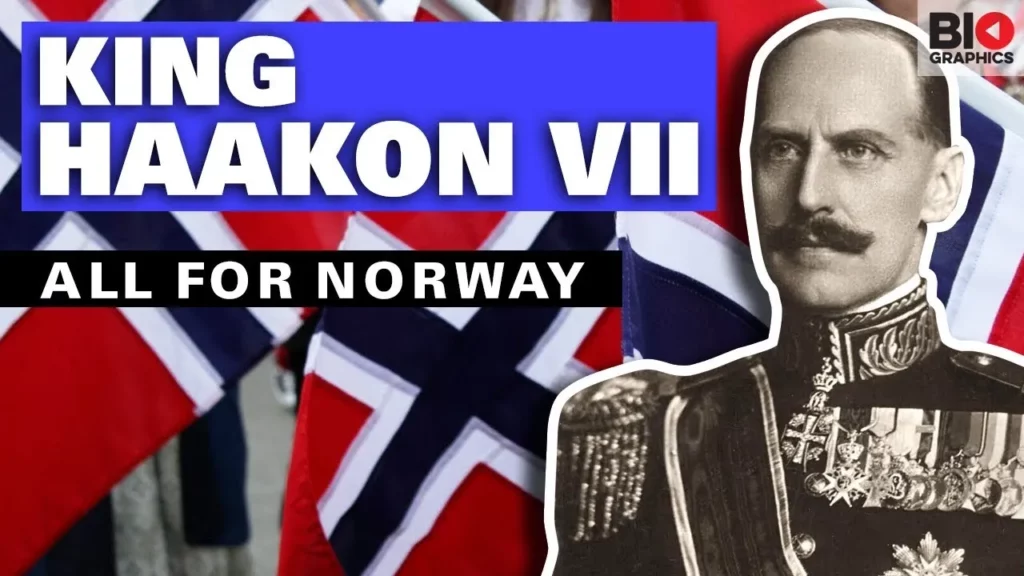
King Haakon VII of Norway, originally a Danish prince named Carl, unexpectedly ascended to the throne in 1905 after Norway sought independence from Sweden. He became a beloved monarch known for his democratic values, support for women’s suffrage, and resilience during World War II, where he refused to cooperate with Nazi occupiers and became a symbol of resistance. His legacy is marked by his commitment to the Norwegian people and his role in rebuilding the nation after the war.